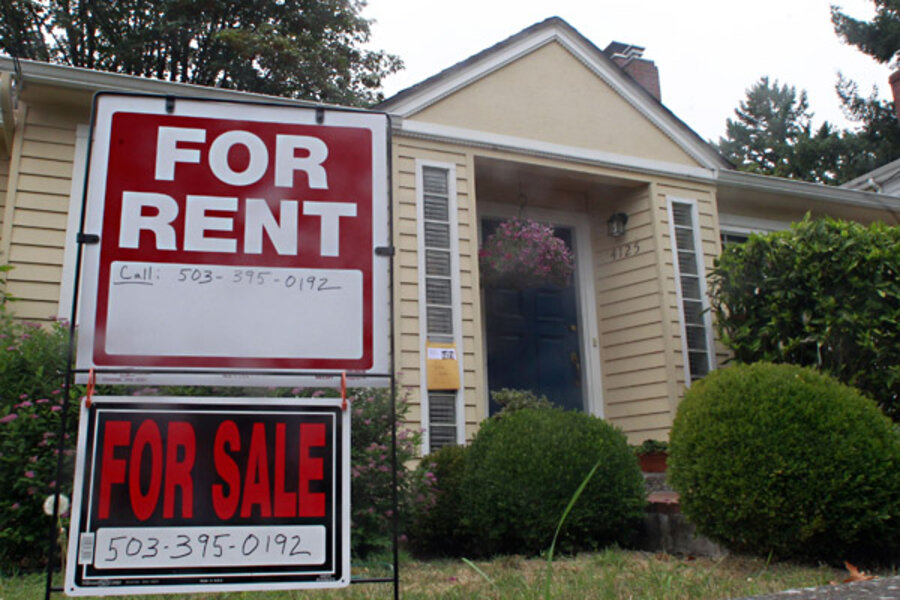Are you a renter or a keeper?
Loading...
A while back, I ran across this brilliant quote from Sam Lipsyte’s 2010 novel, The Ask:
She was from the people who kept everything. I was from the people who rented some of everything for brief amounts of time. I knew I deserved no pity, would get none from the people who kept everything. They only pitied the people with nothing at all.
Setting aside the political undertones of what he’s writing here, I thought the analogy of the financially secure “people who kept everything” and the financially unstable “people who rented some of everything for brief amounts of time” was an interesting comparison.
Think about this in terms of car ownership.
One person buys a late model used car, paying cash. They save a little each month for the next late model used car purchase, and when their current car stops working well, they replace it, buying a new late model used car, paying cash.
Another person also buys late model used cars, but they take out a loan for it, preferably the longest possible term loan so the monthly payments are as small as possible. By the time the loan is over with, there’s only a year or two before they’re looking to trade off that late model used car for another one, taking out a loan for it, preferably the longest possible term loan.
One person “who kept everything,” one person “who rented some of everything.”
You can do the same thing in terms of home ownership.
One person buys a very inexpensive home, paying the largest down payment possible. They pay off that home as quickly as possible while dumping time and effort into refurbishing that home. They continue to save, then in a few years, they sell their home and pay cash for the remainder of the cost of a much nicer home.
Another person rents an apartment for years, then makes a small down payment on a much nicer home, also picking up a thirty year mortgage in the process.
One person “who kept everything,” one person “who rented some of everything.”
Are you going to be a person “who kept everything” or a person who “rented some of everything”?
The philosophy of ownership versus the philosophy of indebtedness.
The catch, for most people, is that sticking to the philosophy of ownership requires going without some things for now, while the philosophy of indebtedness lets you sacrifice some of the future to have those things now. Over the long run, though, the philosophy of indebtedness drains you. It gives you a pile of monthly bills, restricting your career and personal choices. It ends up depleting your net worth.
The philosophy of ownership, on the other hand, means that interest works in your favor. It means fewer monthly bills and thus more career and personal freedom. It means you have much more control over buying and selling the things in your life, and it means that you have little worry of things being taken away from you if you can’t pay the bills.
The choice is up to you, and you make it with almost every financial transaction.








